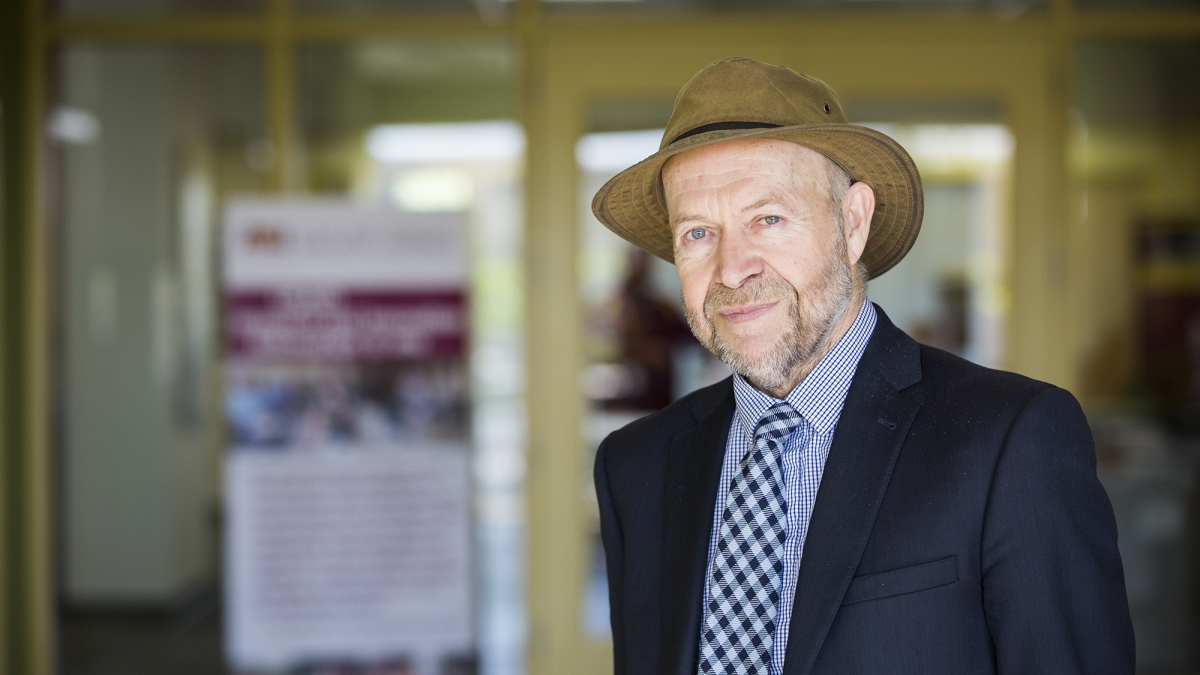The Supreme Court decision on Feb. 10 dealing President Barack Obama a blow — moving to temporarily block his administration's rules to limit greenhouse gas emissions from power plants — might not be the bad news one might think, said climate scientist James Hansen.
Hansen, legendary during his long career as NASA’s chief climatologist for being ahead of the curve on seeing the threat of catastrophic climate change, spoke to ASU Now about recent developments in climate-change news, some of it good, some of it bad, and some of it much ado about nothing — the Supreme Court decision falling into the latter category.
Agreeing to agree — the end result of the Paris talks — is not much progress, Hansen said, and the Obama approach is not a solution. Hansen, a professor at the Columbia University Earth Institute, talked about how current policies are falling short, and what he thinks will work.
He also spoke about his plan for a carbon fee — something critics call a carbon tax — as the only alternative to move away from fossil fuels that contribute to man-made climate change. Watch ASU Now's video of that portion of the conversation below.
He's a featured speaker at Thursday's GreenBiz University conference on the Tempe campus, presented in partnership with the Sustainability Consortium and the Walton Sustainability Solutions Initiatives, a unit of the Julie Ann Wrigley Global Institute of Sustainability at Arizona State University. Hansen was elected to the National Academy of Sciences for his pioneering work and is widely considered to be the father of global climate-change awareness.
Top photo by Deanna Dent/ASU Now
More Environment and sustainability

ASU President Michael Crow named to TIME100 Climate list
Arizona State University President Michael Crow has been named to the 2024 TIME100 Climate list of leaders and innovators driving real climate action.The list includes leaders across a range of…

Driving green desalination
Wilderness survival TV show hosts, pirates and water treatment researchers agree on one thing: Most natural water sources are not safe for drinking. Among the many potential risks is the high salt…

ASU preservation facility serves as test bed for rooftop heat mitigation
A roof coating that uses thermal energy storage materials from Arizona State University spinout EnKoat is halting the heat in several ASU buildings — including a section of the university’s largest…
